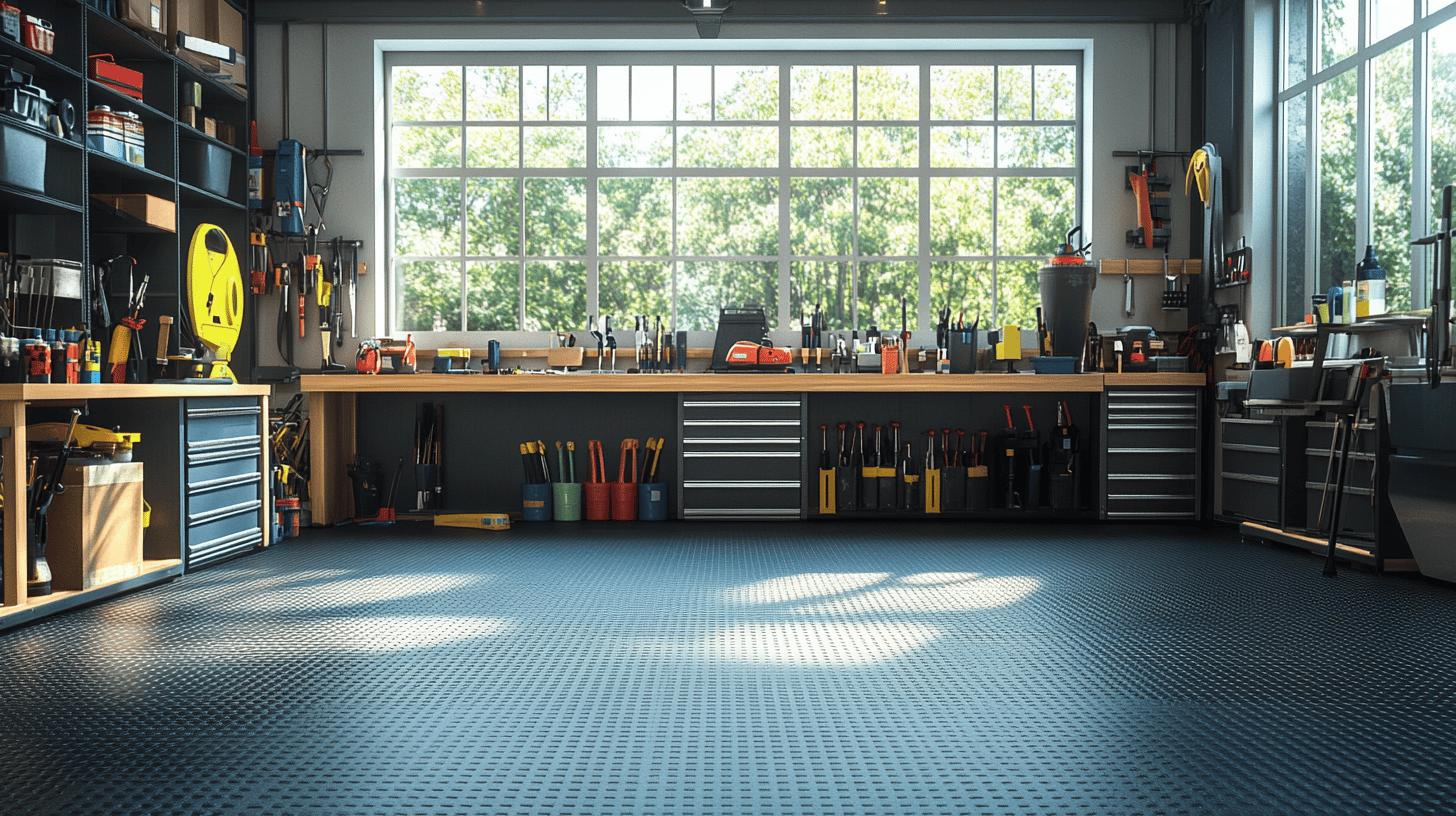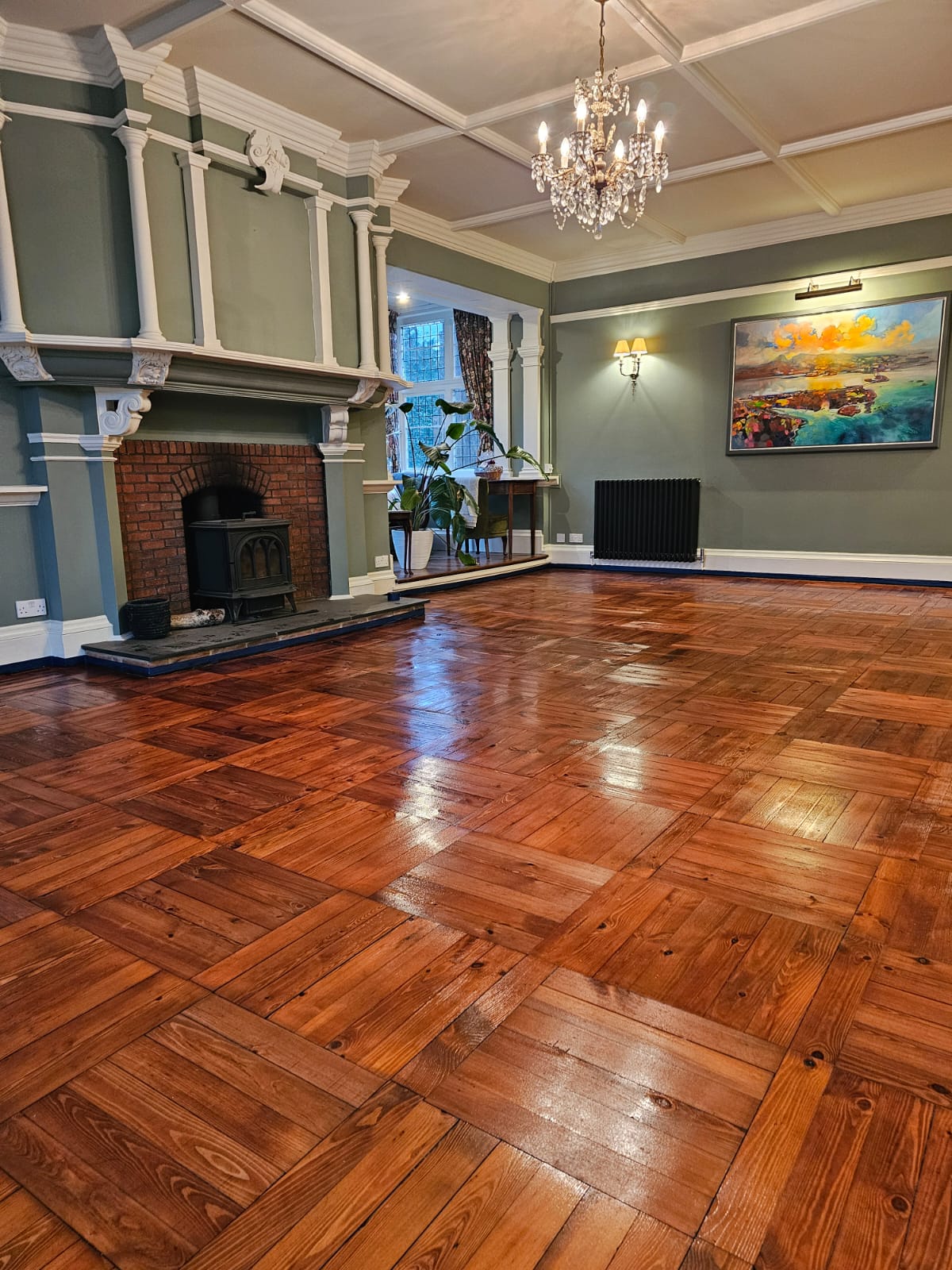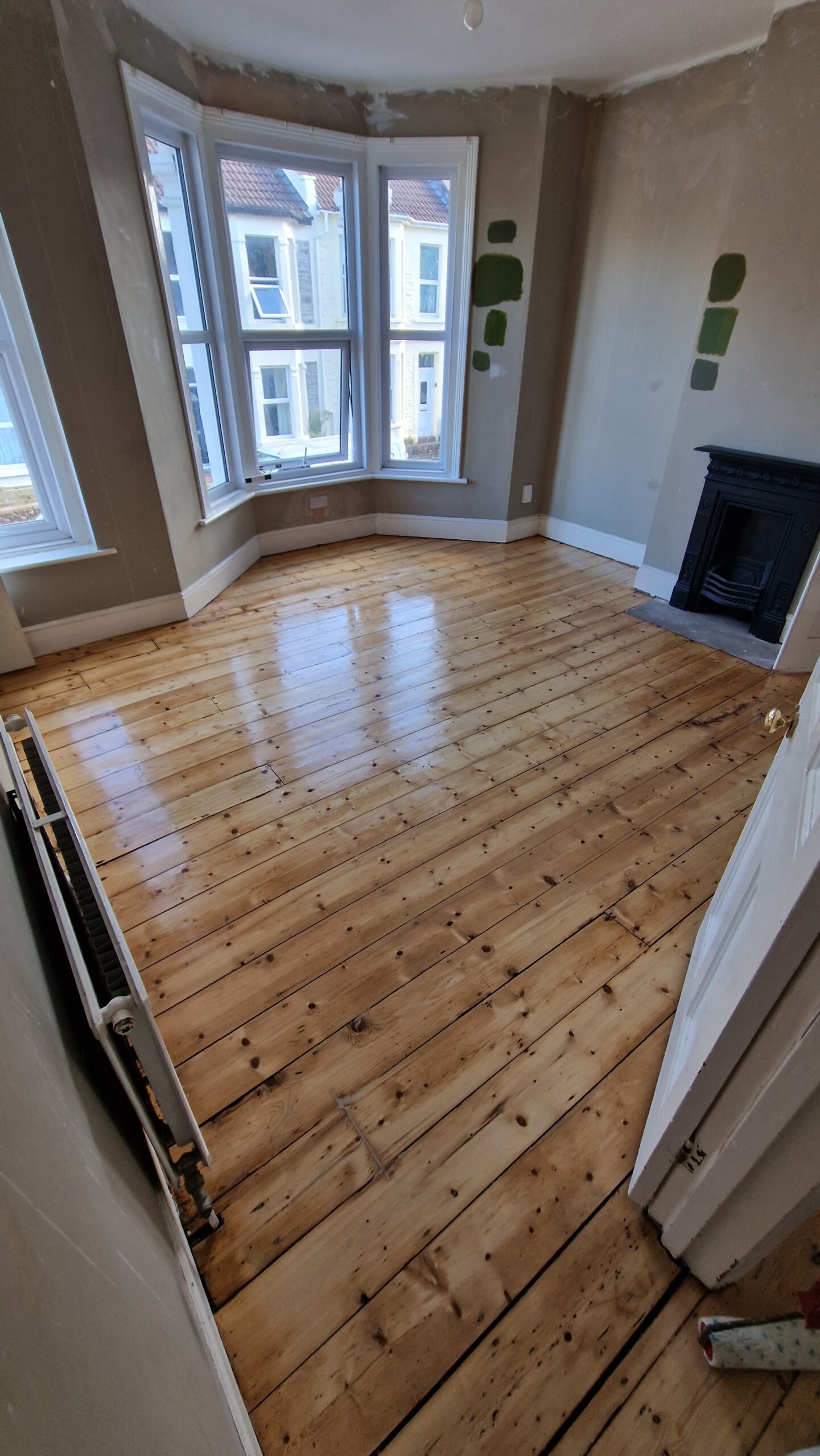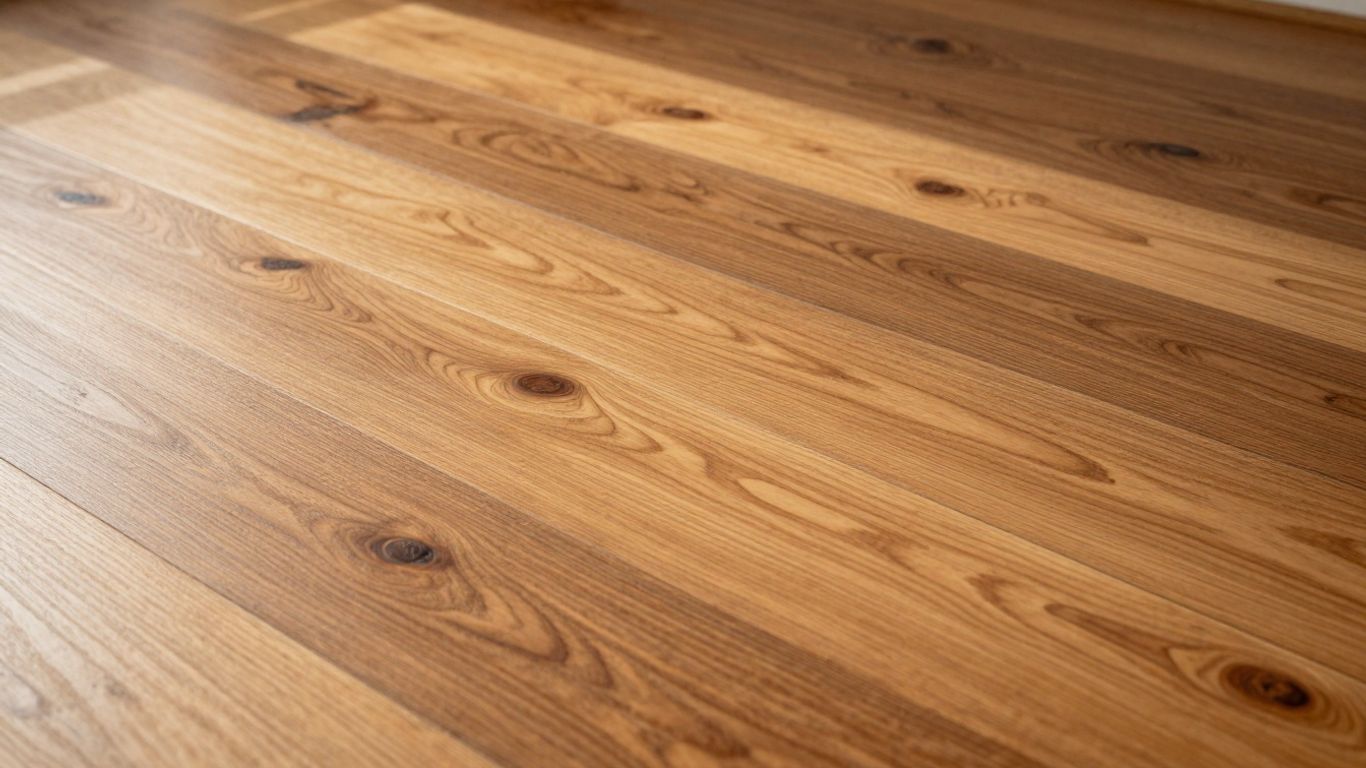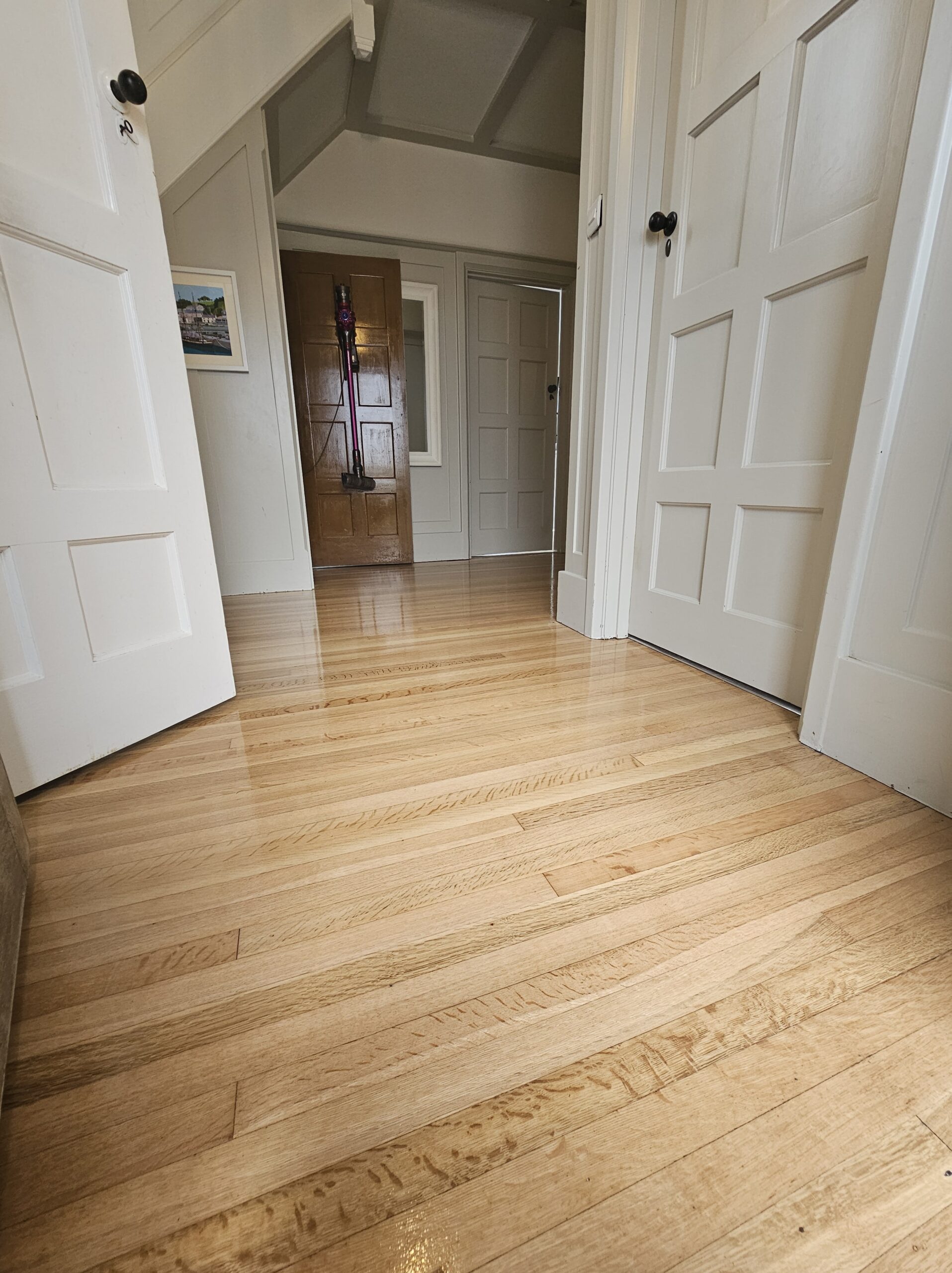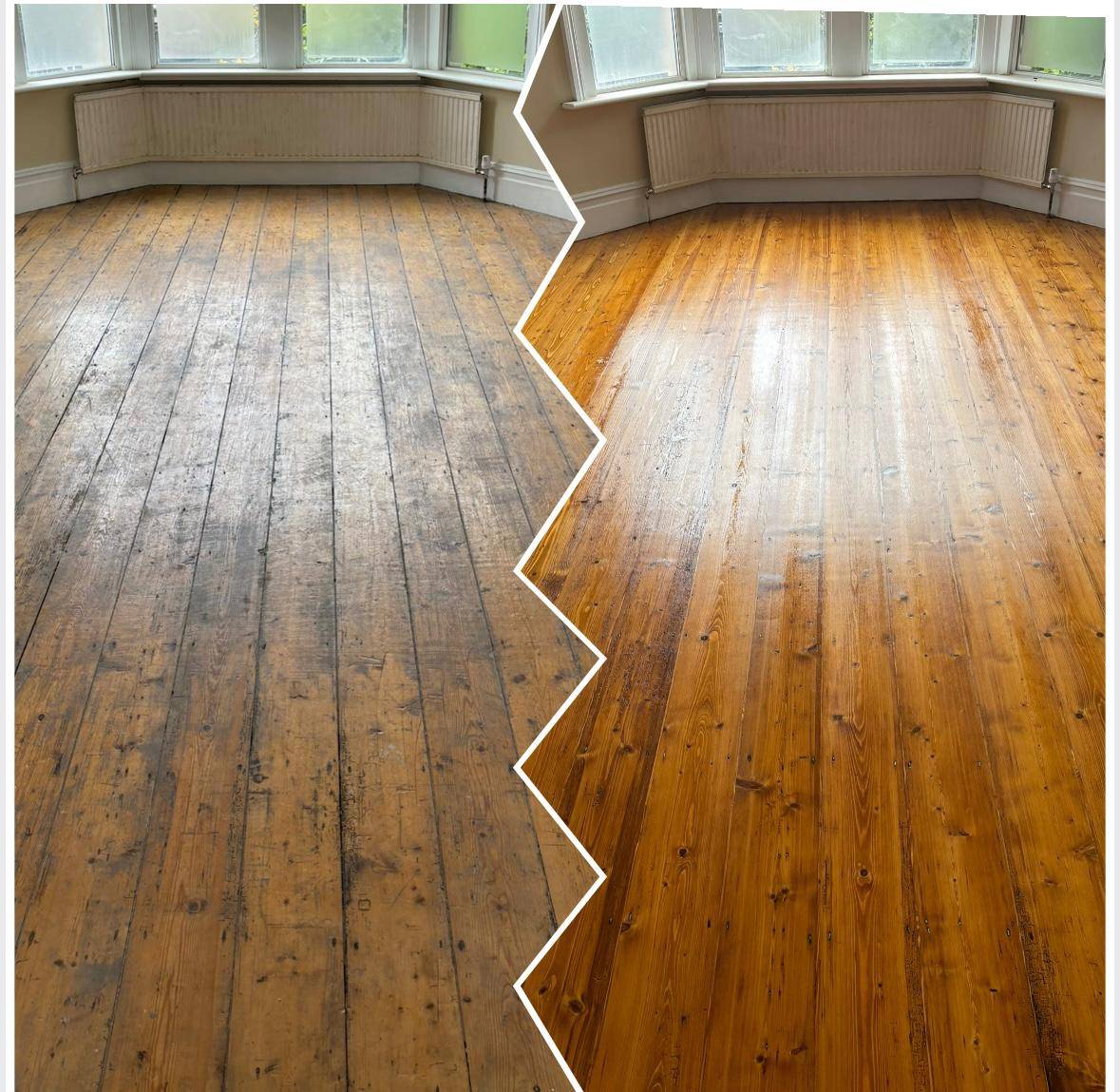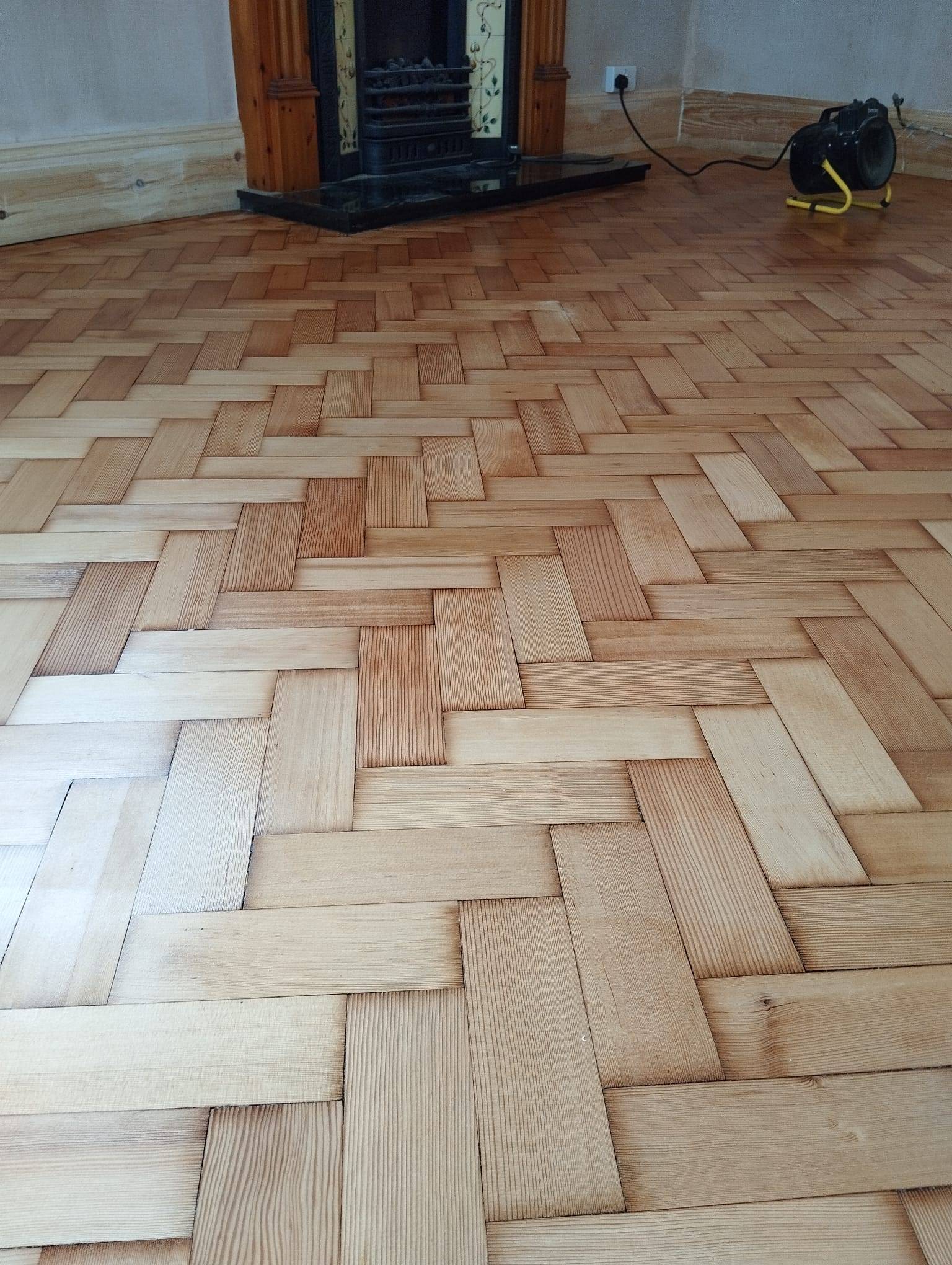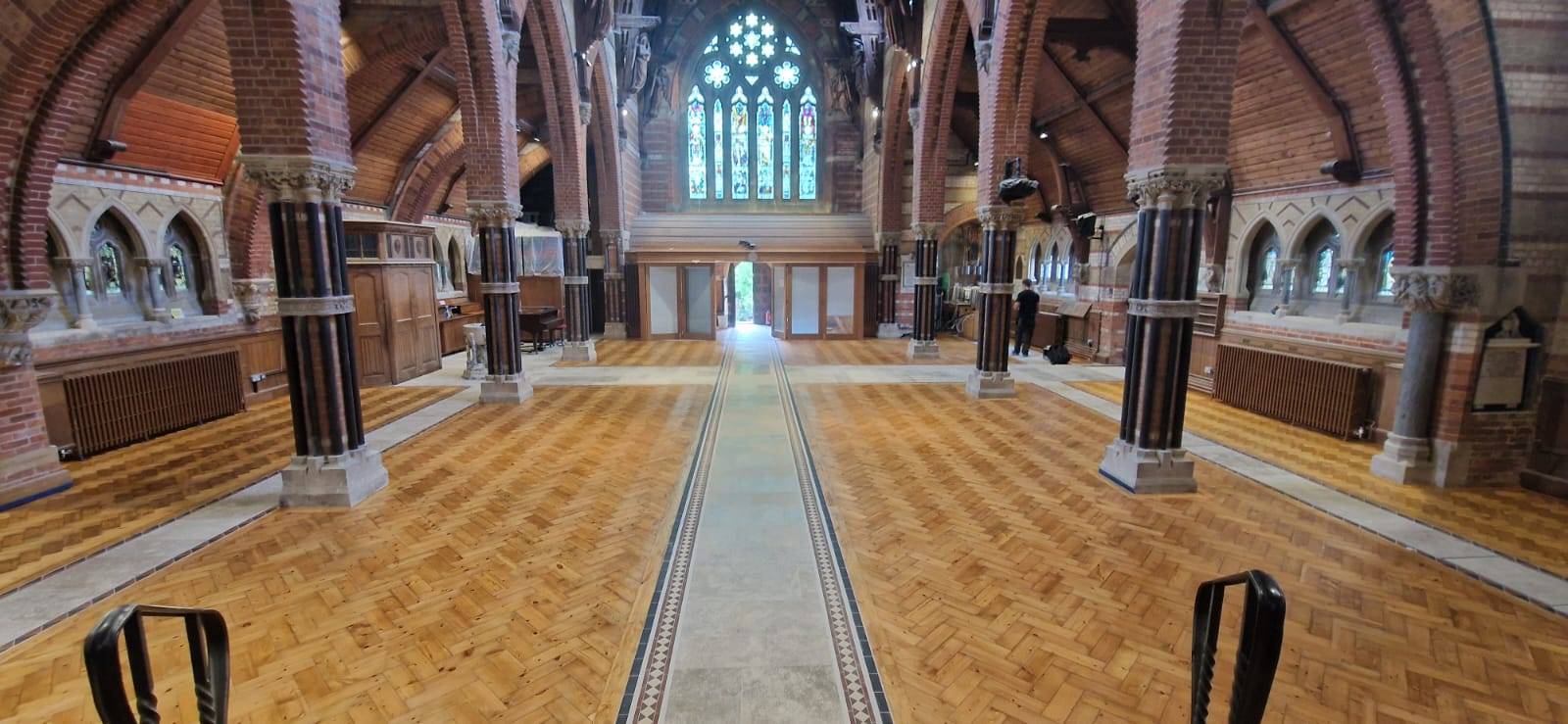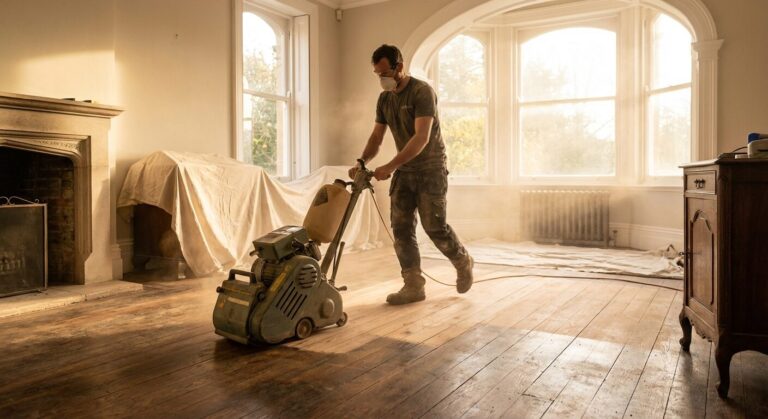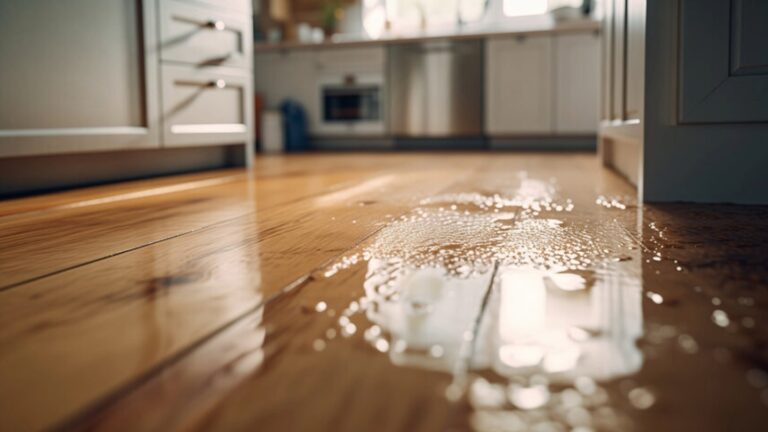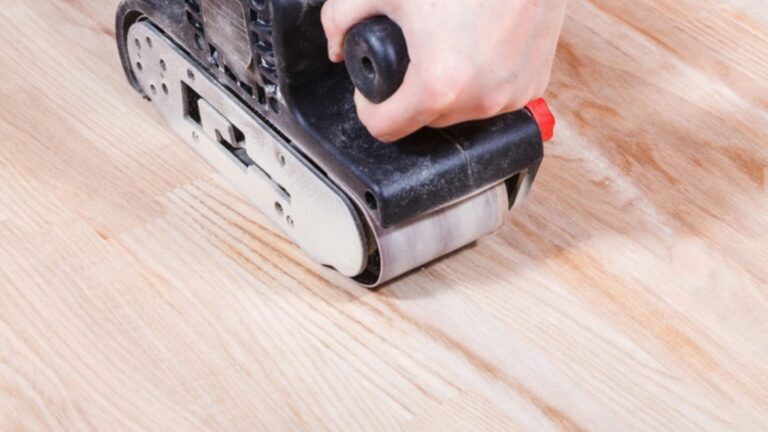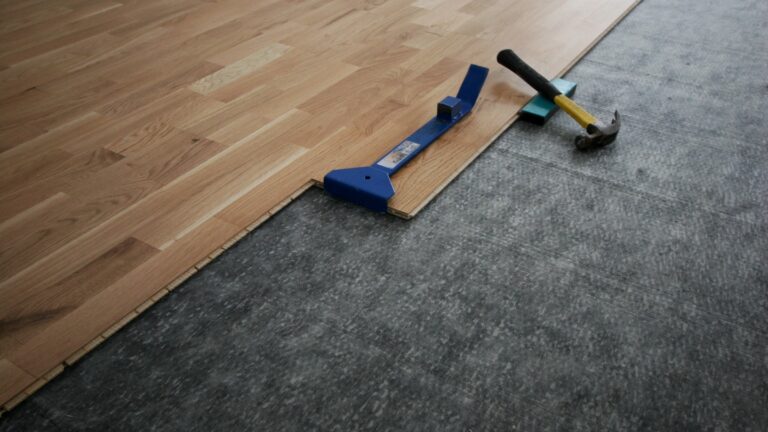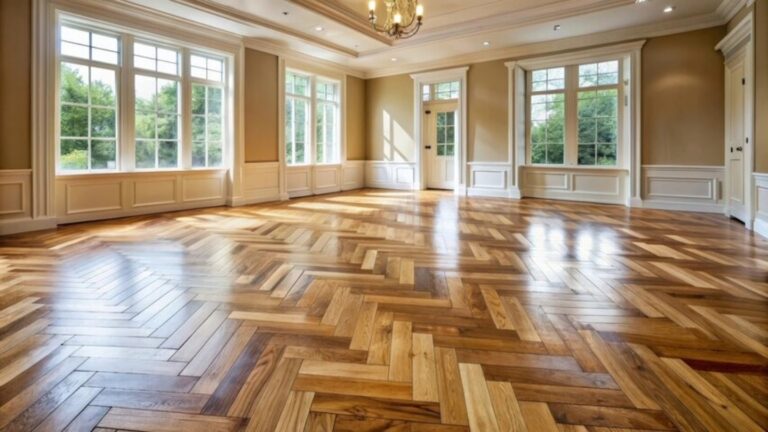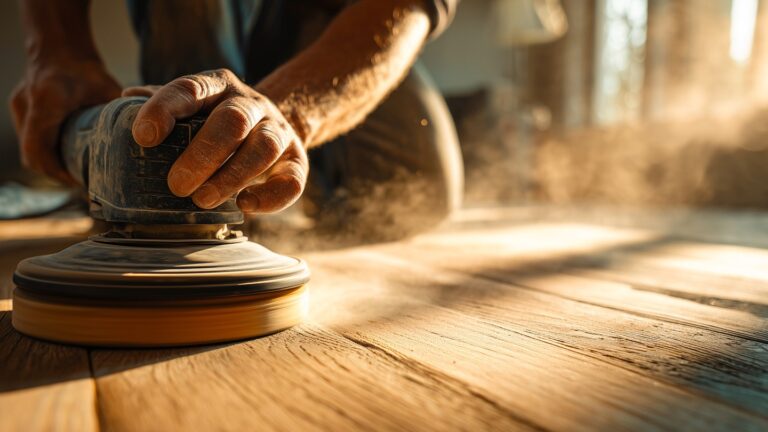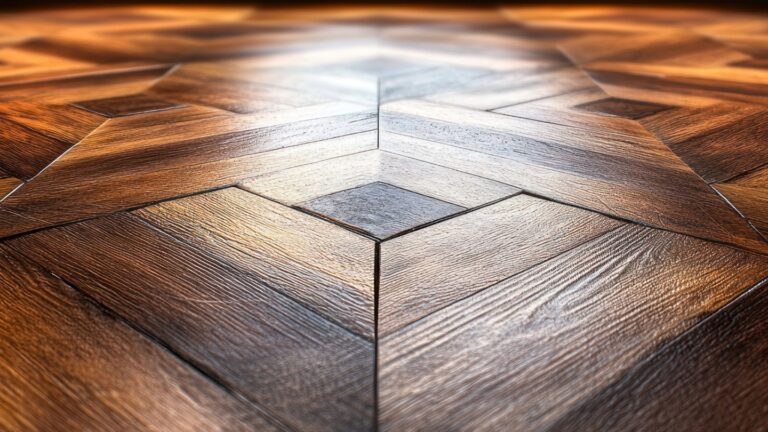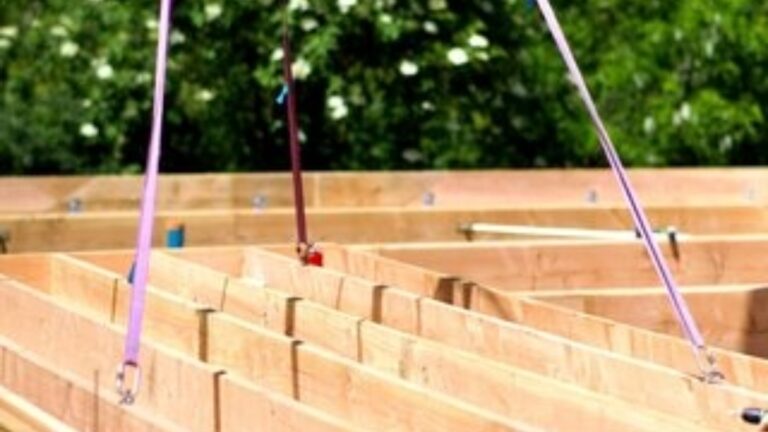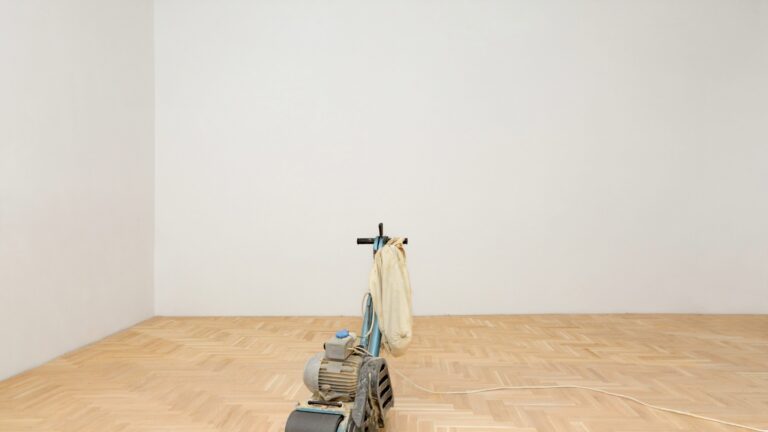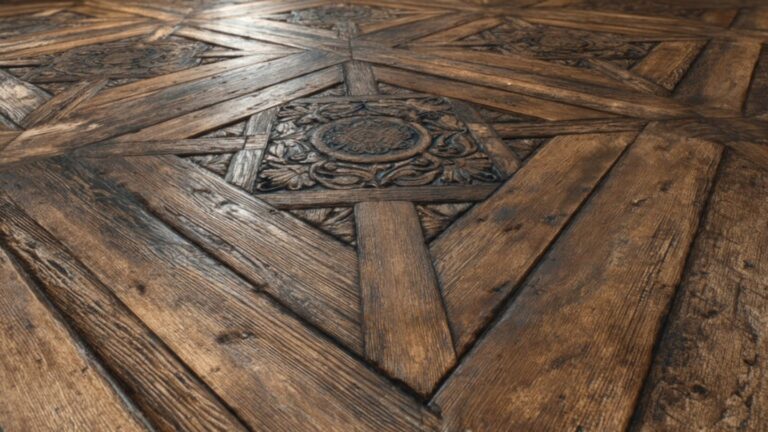When considering flooring for educational workshops, the stakes are surprisingly high. Have you ever pondered the dual challenge of ensuring durability while prioritising safety in such settings? In environments where students and teachers are constantly on the move, the flooring must withstand relentless foot traffic and prevent potential hazards. It’s not just about picking any material; it’s about choosing one that ticks all the boxes of durability and safety. In this guide, discover the critical considerations for selecting the most reliable and secure flooring solutions for educational workshops, ensuring both longevity and a safe learning environment.
Key Considerations for Educational Workshop Flooring
When selecting flooring for educational workshops, durability and safety are paramount. Educational environments often experience high foot traffic, requiring materials that can endure regular use without compromising on safety. Floors must not only withstand the physical demands but also adhere to safety standards, ensuring a secure environment for all users. Durable materials reduce the frequency of replacements, thereby decreasing long-term costs. Safety features, such as impact resistance, further enhance the protective qualities of the flooring, making it ideal for workshops where heavy equipment and tools are frequently used.
Non-slip properties are a critical consideration in educational workshop flooring to prevent accidents. Floors with anti-slip characteristics help maintain stability, reducing the likelihood of slips and falls, especially in areas prone to spills or moisture. Selecting a material with inherent slip resistance ensures that the floor remains safe under various conditions. This is essential for maintaining a secure learning environment and complying with health and safety regulations designed to protect students and staff.
- Regular cleaning to prevent the build-up of dust and debris.
- Periodic inspections for wear and tear.
- Prompt repairs to address minor damages before they escalate.
- Use of appropriate cleaning agents to maintain material integrity.
- Scheduled maintenance routines to ensure longevity.
Balancing durability, safety, and maintenance with cost is essential when choosing educational workshop flooring. While it may be tempting to opt for the least expensive option, investing in quality materials can lead to significant savings over time due to reduced maintenance and replacement needs. Cost-effective solutions should not compromise on safety standards or durability. Thus, careful consideration of these factors will result in a flooring choice that provides both value and peace of mind.
Optimal Flooring Materials for Durability and Safety
Selecting the right flooring materials for educational workshops is crucial, balancing durability and safety without compromising on functionality or aesthetics. The ideal flooring must resist wear from high foot traffic, provide slip resistance, and offer impact absorption. Several materials, such as vinyl, rubber, Luxury Vinyl Tiles (LVT), and linoleum, meet these criteria effectively, each offering unique advantages tailored to specific workshop needs.
Vinyl Flooring
Vinyl flooring is renowned for its durability and non-slip properties, making it a preferred choice for educational settings. Its robust construction withstands the demands of frequent use, while its textured surfaces provide excellent slip resistance. This makes vinyl an ideal solution for areas where safety is paramount without sacrificing longevity.
Rubber Flooring
Rubber flooring excels in noise reduction and cushioning, providing a safe and comfortable environment. Its impact-resistant qualities are beneficial in workshops with heavy equipment, reducing the risk of injury from falls. Additionally, rubber flooring’s elasticity makes it a resilient option, sustaining its appearance and function over time.
Luxury Vinyl Tiles (LVT)
Luxury Vinyl Tiles (LVT) combine aesthetic appeal with impact resistance, offering an elegant yet practical flooring solution. LVT is designed to mimic natural materials like wood or stone, providing an upscale look while maintaining durability. Its layered construction enhances impact resistance, making it suitable for high-traffic educational workshops.
Linoleum
Linoleum is valued for its eco-friendly properties and durability, making it an excellent choice for environmentally conscious facilities. Made from natural materials, linoleum is both biodegradable and long-lasting. Its resilience against wear and tear, coupled with inherent anti-slip characteristics, makes it a reliable flooring option for educational workshops.
Installation and Maintenance for Longevity
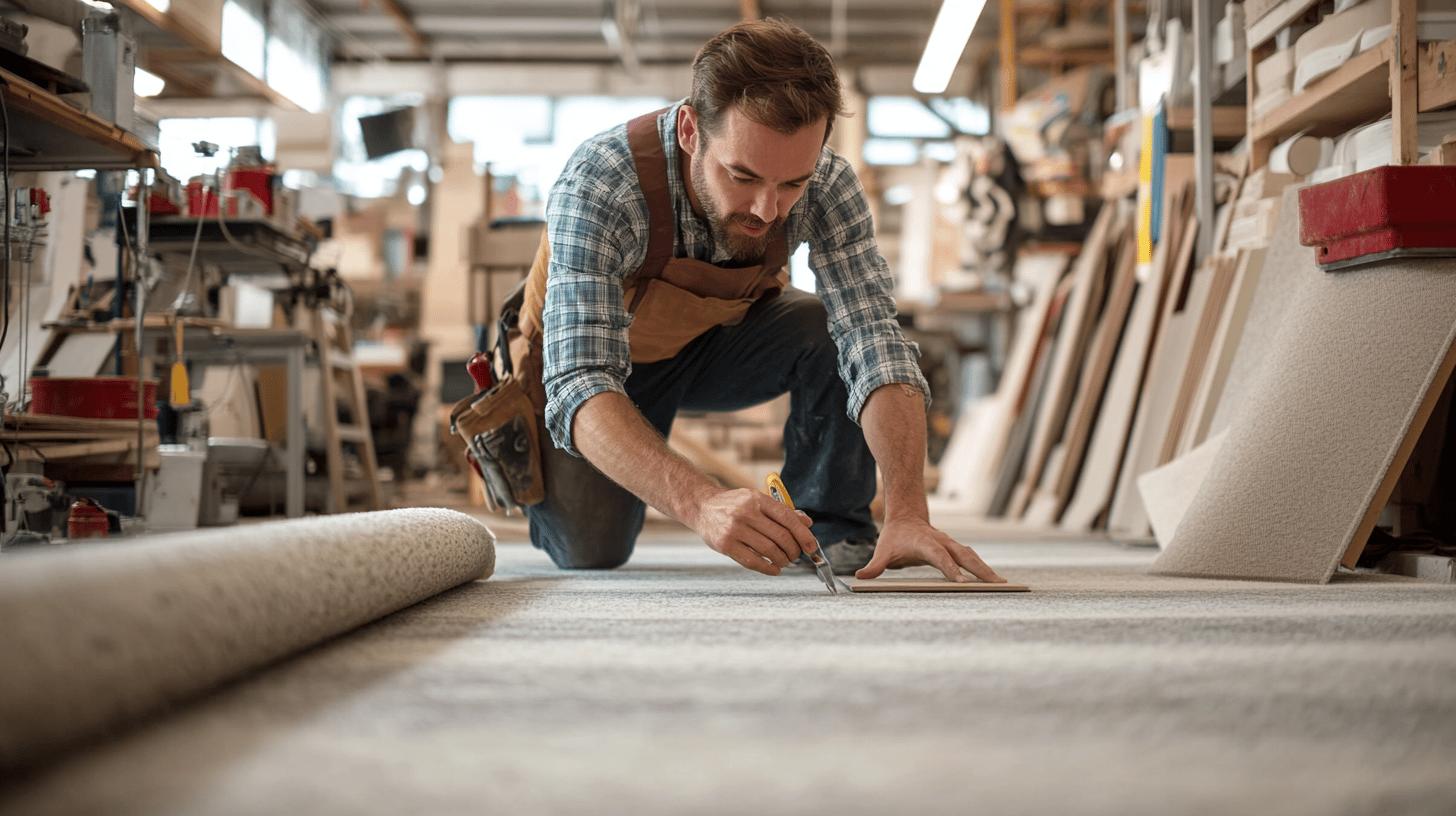
Proper installation is essential for maximising the longevity of educational workshop flooring. A critical step in this process is the preparation of the subfloor, which must be clean, dry, and level to ensure that the flooring material adheres correctly and performs optimally. Without proper subfloor preparation, even the most durable materials may suffer from premature wear and structural issues. Ryan’s Restoration provides expert installation services that focus on these foundational elements, ensuring that the flooring is not only aesthetically pleasing but also robust and durable.
Regular maintenance is equally important in extending the life of workshop flooring, thereby reducing the need for costly replacements. Routine upkeep helps preserve the flooring’s appearance and structural integrity. Implementing a consistent maintenance schedule prevents minor issues from escalating into significant problems, ensuring the flooring remains safe and functional over time. Recommended practices include regular cleaning, periodic inspections, and prompt repairs, all of which contribute to the flooring’s longevity and cost-effectiveness.
- Clean floors regularly to prevent dirt accumulation.
- Conduct periodic inspections to identify wear and tear early.
- Repair minor damages promptly to avoid further deterioration.
- Use suitable cleaning products that maintain the flooring’s material integrity.
- Establish a preventative maintenance schedule to prolong flooring lifespan.
Safety Standards and Compliance in Workshop Flooring
Adhering to safety standards is crucial when selecting flooring for educational workshops, where maintaining a safe environment is paramount. Safety standards ensure that the chosen materials meet specific criteria that protect users from potential hazards. Educational workshops often involve activities with equipment and high foot traffic, necessitating flooring that can withstand these conditions while providing adequate safety. Compliance with these standards is not only a legal requirement but also a proactive measure to prevent accidents and injuries, fostering a secure learning atmosphere. By selecting flooring that meets safety standards, educational institutions demonstrate a commitment to student and staff welfare, enhancing overall safety and confidence in workshop settings.
Slip-resistance testing plays a significant role in ensuring safety compliance for workshop flooring. Slip resistance is a critical feature that helps prevent accidents in environments where spills or moisture may occur. Testing ensures that the flooring material provides sufficient grip under various conditions, reducing the risk of slips and falls. This is particularly important in educational workshops, where the presence of liquids or other substances can increase the likelihood of accidents. By incorporating slip-resistant flooring, institutions can minimise these risks, ensuring a safer environment for all users. Regular testing and verification of slip resistance help maintain the flooring’s effectiveness over time, ensuring ongoing safety compliance.
British Standards for Educational Flooring
British Standards provide specific compliance requirements that educational institutions must follow to ensure flooring safety. These standards offer guidelines on various aspects of flooring, including slip resistance, durability, and maintenance. By adhering to these standards, educational facilities can ensure that their flooring options are suitable for the intended use and meet all necessary safety criteria. Compliance with British Standards also provides a benchmark for quality, ensuring that the flooring materials are reliable and effective in their application. This adherence not only enhances safety but also contributes to the overall longevity and performance of the flooring, making it a prudent choice for educational environments.
Cost-Benefit Analysis of Flooring Options
Conducting a cost-benefit analysis is essential when selecting flooring for educational workshops, as it ensures that the chosen option provides the best value for money. Schools must weigh the initial investment against long-term benefits such as durability, safety, and maintenance requirements. By evaluating these factors, institutions can identify flooring solutions that minimise costs while maximising performance and safety. Ryan’s Restoration offers competitive pricing, ensuring that high-quality service is accessible without excessive expenditure. This approach allows schools to allocate resources efficiently, prioritising both student safety and institutional sustainability.
Budget-friendly solutions are crucial for educational settings, where financial constraints often dictate purchasing decisions. However, cost-effectiveness should never come at the expense of quality or safety. Affordable flooring options like vinyl and linoleum provide durable, low-maintenance surfaces that meet safety standards, offering a practical choice for workshops. By selecting budget-friendly yet reliable materials, schools can ensure that their flooring supports a safe learning environment while adhering to financial limitations. Ryan’s Restoration assists in identifying these solutions, balancing cost with essential safety and durability features.
Final Words
Choosing the right educational workshop flooring entails balancing durability, safety, and cost-effectiveness. Highly durable materials such as vinyl and rubber, along with safety features like non-slip properties, remain crucial. Ensuring proper installation and regular maintenance facilitates flooring longevity and reduces long-term costs.
Ryan’s Restoration offers professional services, integrating expert installation with a focus on durability and safety standards. Conducting a cost-benefit analysis ensures value without compromising on quality or safety. Educational workshop flooring: durability meets safety, delivering reliable options for diverse educational environments.
FAQ
How long does safety flooring last?
Safety flooring typically lasts for 10 to 20 years, depending on the material quality, foot traffic, and maintenance practices. Proper care can extend the lifespan and maintain its protective features.
What is the best floor finish for a workshop?
The best floor finish for a workshop is a durable and non-slip coating such as epoxy or polyurethane. These finishes provide protection against spills and wear while ensuring the safety of users.
What type of flooring do most schools use?
Most schools use resilient flooring options like vinyl, linoleum, or rubber. These materials offer durability, ease of maintenance, and safety features like slip resistance, making them ideal for high-traffic educational settings.
What is the durability of resilient flooring?
Resilient flooring is highly durable and designed to withstand significant foot traffic and everyday wear. Materials such as vinyl and rubber are known for their long-lasting performance in educational environments.
